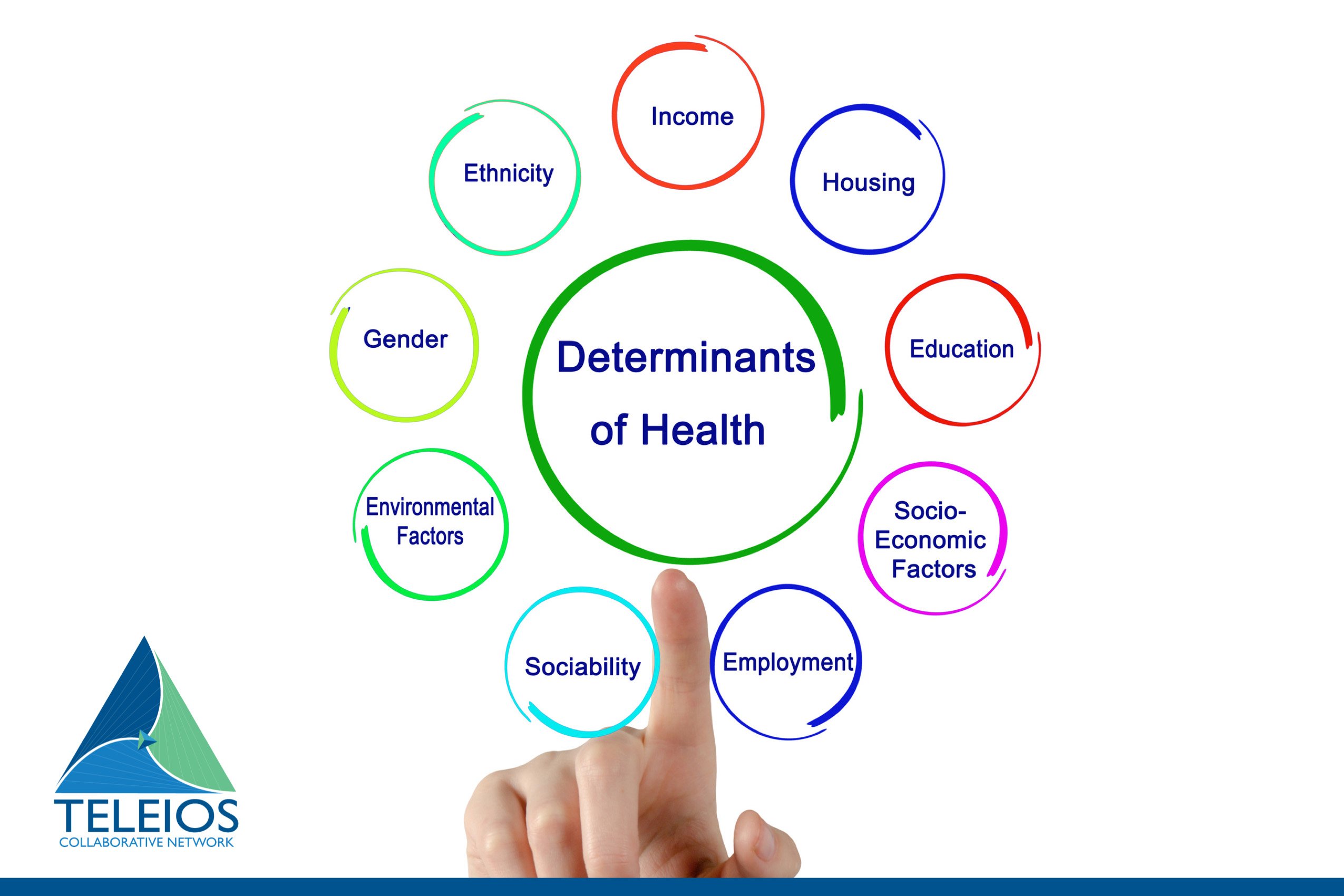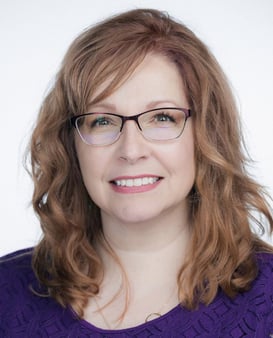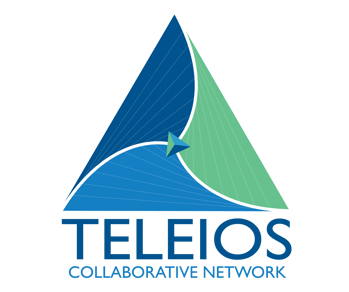8 min read
Social Determinants of Health & Serious Illness: Understanding the Connection
By: Christine Lau on 2/28/23 6:00 AM

Serious illnesses, such as heart disease, stroke, and kidney and lung disease are major public health concerns. These conditions not only have a significant impact on patients and their families, but they also place a significant burden on healthcare systems. However, there is growing recognition that social determinants of health (SDOH) play a critical role in the development and progression of serious illnesses.
SDOH refers to the social, economic, and environmental factors that shape health outcomes. These include factors such as poverty, education, housing, and access to healthcare. Individuals with lower socioeconomic status are at a higher risk of developing serious illnesses, and these illnesses tend to be more severe and have poorer outcomes – up to 50% of health outcomes can be traced back to a person’s zip code alone! There is also indisputable research that those who are non-white have poorer health outcomes, even when all other factors are equal. Implicit bias, historical racism, and continued racism are examples of SDOH that we must address in order to impact health equity.
Research has shown that up to 80% of health outcomes are related to non-medical factors. One of the ways in which SDOH impact serious illnesses is through their impact on health behaviors. For example, individuals living in poverty are more likely to have limited access to healthy foods, which can increase their risk of developing diabetes and associated complications like heart and kidney disease. They may also have limited access to safe and affordable housing, which can increase their risk of developing lung diseases. Similarly, individuals with lower levels of education may be less likely to understand the importance of regular screenings and preventive care, which can result in delayed diagnosis and treatment of serious illnesses.
Another important way in which SDOH impacts serious illnesses is through the impact on healthcare access and utilization. Individuals living in poverty are less likely to have health insurance and are more likely to have limited access to primary care and specialty care. They may also face barriers to accessing preventive care, such as transportation and childcare.
Healthcare providers can work to address the specific needs of individuals living with serious illnesses through the addition of care management services. This includes the involvement of both nurses and social workers to identify barriers to optimal health, intervening to address SDOH, as well as providing education and support to help individuals better manage their illness.
Addressing SDOH can potentially improve the chances of an organization getting a value-based payer contract, as it can demonstrate to payers their ability to provide high-quality, patient-centered care. Payers are increasingly interested in value-based care models, which focus on improving outcomes and reducing costs, and addressing SDOH can be an important aspect of this.
Additionally, addressing social determinants can improve patient satisfaction and trust, which is a key aspect of value-based care models. Addressing SDOH demonstrates a commitment to providing comprehensive and holistic care, which aligns with the goals of value-based care models.
With the challenges of staffing due to the healthcare workforce shortage and the lack of robust palliative care reimbursement, it can be a challenge for individual organizations to provide care management services in-house. For this reason, Teleios has identified CareAlly Health as a preferred vendor for care management services and has negotiated a discounted rate for Teleios Collaborative Network members.
CareAlly Health, is a technology-enabled virtual solution for serious illness care that enables organizations to add palliative care-trained RNs and social workers as an extension to their team – with all services white-labeled. CareAlly Health clinical staff provide:
Adding care management services, like CareAlly Health, has been shown to decrease ED visits, decrease avoidable hospitalization, and improve timely access to hospice care for those who are in the terminal phase of their illness – all of which help achieve the quadruple aim.
For those agencies which meet CMS’s requirements to bill care management codes, (like having a Medicare Part B license and a certified electronic health record), adding care management services can also be an additional source of revenue. CareAlly time with patients counts toward chronic care management or principal care management codes which the organization’s providers can bill in addition to palliative care codes. With a month of CareAlly services costing the equivalent of about 1 day of hospice care, this can be nearly recouped with the increase of hospice census and hospice LOS. With the addition of chronic care management/principal care management billing, organizations could have a positive cash flow after covering CareAlly costs.
SDOH play a significant role in the development and progression of serious illnesses. It is imperative to understand the specific social, economic, and environmental factors that are impacting the health outcomes of those we serve. By adding care management services, organizations can demonstrate their commitment to addressing health inequity, providing patient-centered care, and improving health outcomes for individuals living with serious illnesses.

CareAlly Health
(828) 774-8967
WANT TO IMPROVE YOUR LEADERSHIP SKILLS?
ATTEND OUR LEADERSHIP IMMERSION
LEARN MORE
We invite you to listen
to our TCNtalks Podcast

An organizational model that allows not-for-profit hospices (Members) to leverage best practices, achieve economies of scale and collaborate in ways that better prepare each agency to participate in emerging alternative payment models and advance their charitable missions.
Related Posts
Serious Illness in Rural Communities
Mrs. H. was surprised with her diagnosis of breast cancer that had spread to bone. Her oncologist...
Teleios Collaborative Network supports Community Based Palliative Care
Elaine has experience working as a palliative care RN in a hospital where structures and support...
The Duke Endowment Invests in Non-profit Advanced Illness Care Model
HENDERSONVILLE, NC – The Teleios Collaborative Network, through its member organization Four...


